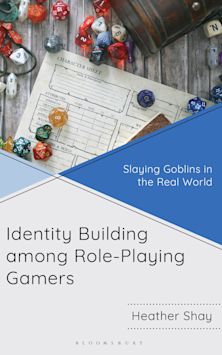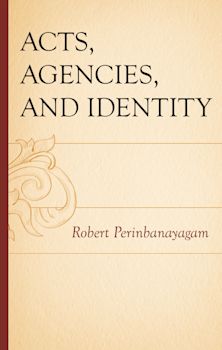Inside the College Gates
How Class and Culture Matter in Higher Education
Inside the College Gates
How Class and Culture Matter in Higher Education
Description
To date, scholars in higher education have examined the ways in which students' experiences in the classroom and the human capital they attain impact social class inequalities. In this book, Jenny Stuber argues that the experiential core of college life-the social and extra-curricular worlds of higher education-operates as a setting in which social class inequalities manifest and get reproduced. As college students form friendships and get involved in activities like Greek life, study abroad, and student government, they acquire the social and cultural resources that give them access to valuable social and occupational opportunities beyond the college gates. Yet students' social class backgrounds also impact how they experience the experiential core of college life, structuring their abilities to navigate their campus's social and extra-curricular worlds. Stuber shows that upper-middle-class students typically arrive on campus with sophisticated maps and navigational devices to guide their journeys-while working-class students are typically less well equipped for the journey. She demonstrates, as well, that students' social interactions, friendships, and extra-curricular involvements also shape-and are shaped by-their social class worldviews-the ideas they have about their own and others' class identities and their beliefs about where they and others fit within the class system. By focusing on student' social class worldviews, this book provides insight into how identities and consciousness are shaped within educational settings. Ultimately, this examination of what happens inside the college gates shows how which higher education serves as an avenue for social reproduction, while also providing opportunities for the contestation of class inequalities.
Table of Contents
Product details
| Published | Jul 16 2011 |
|---|---|
| Format | Ebook (Epub & Mobi) |
| Edition | 1st |
| Extent | 208 |
| ISBN | 9780739149003 |
| Imprint | Lexington Books |
| Publisher | Bloomsbury Publishing |
Reviews

ONLINE RESOURCES
Bloomsbury Collections
This book is available on Bloomsbury Collections where your library has access.


































